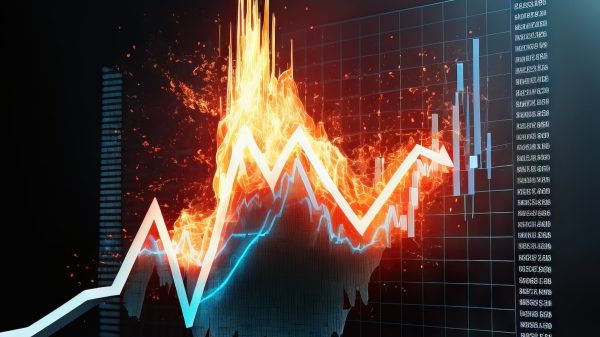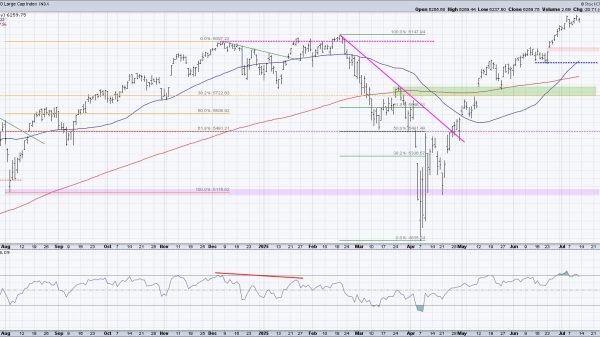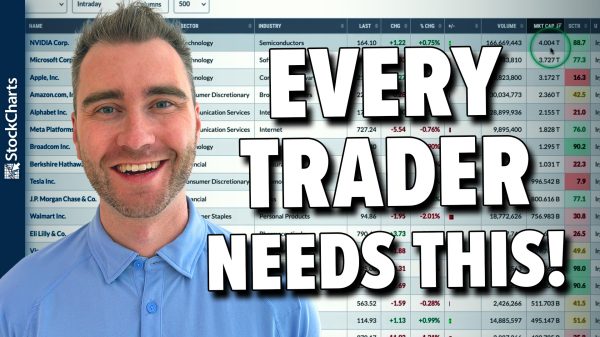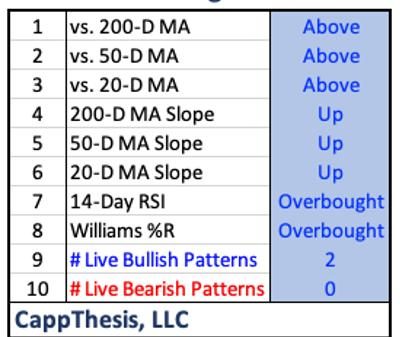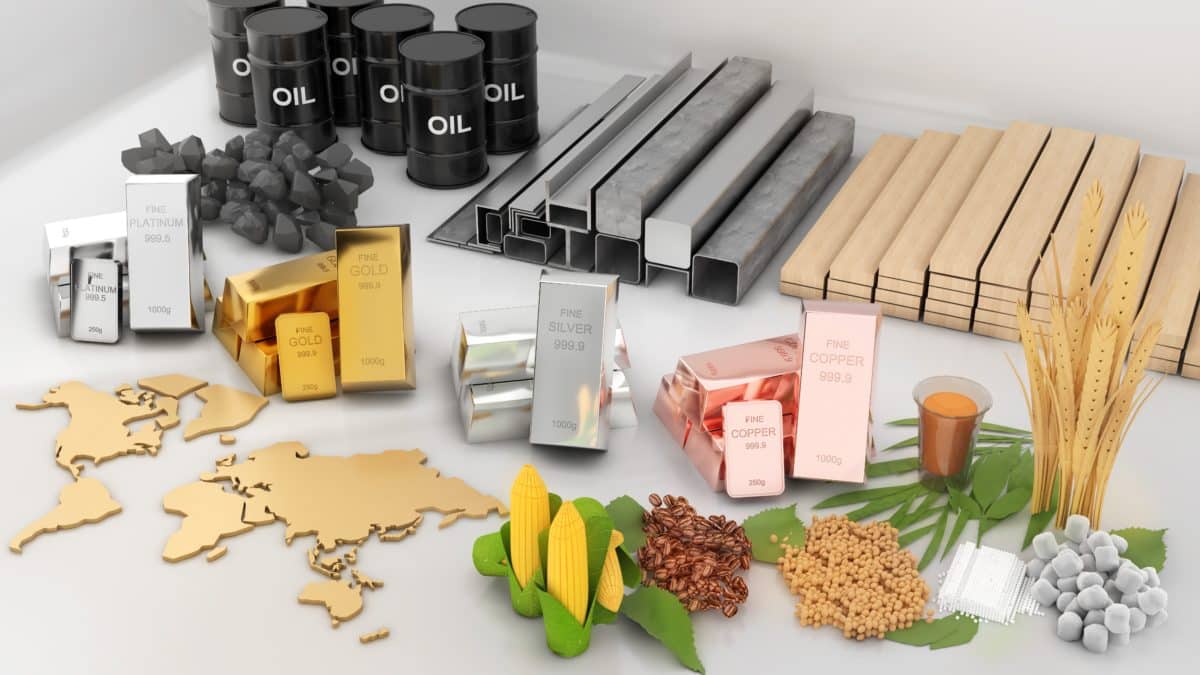Understanding Trading Economics: Insights into Global Financial Markets
Trading is one of the oldest concepts in the world, but today, the exchange of goods has become much more complex. Many factors influence trade economics, and investors or market participants need to understand them to achieve success.
With the appearance of money and later banking systems, the financial world changed. People started paying for various commodities with monetary assets, and thanks to new trade agreements between the countries, the economies thrived.
However, being a good trader means gaining the most possible amount of money for the least expense. At the same time, you have to compete with your rivals who are trying to do the same, which complicates matters. Trading – importing and exporting goods accounts for a good deal of the country’s Gross Domestic Product (GDP).
Furthermore, every country has its own unique resources. Some nations are good at farming, while others have access to natural resources, such as oil, gas, precious metals, or minerals. Some earn money by producing cloth materials, wine, strong spirits, or tea and coffee. Remember the tobacco or sugar plantations in the US? And indigo plantations in the West Indies? The possibilities are unending, with trends appearing and disappearing. Good businesspeople know to follow them and move from one asset to another if the first is no longer in demand.
Have you heard about a comparative advantage? According to this concept, countries should produce goods only if they have lower costs compared to other countries. That will give them an upper hand in the global markets. Besides, with each country offering something different, it’s much easier to balance the markets.
How Global Trade Agreements and Efficient Shipping Shape the Market
The concept of trading economics is fairly simple to grasp. For example, if one country is producing superior milk and cheese and another is producing high-quality cocoa, they can have mutually beneficial trade agreements.
The first country can exchange its cheese for cocoa. It already has a great quantity of milk, so it can use purchased cocoa to make superior chocolate and sell it to other countries. That’s what Switzerland does, actually; it imports its cocoa from other regions and then exports its highest quality chocolate across the global markets.
Generally, countries produce commodities that are easily accessible or manageable within their territories. For example, in France, wines thrive easily, giving superior wine. Meanwhile, England prefers sheep farming and produces high-quality wool and textiles. Exchanging these goods benefits both countries.
Nowadays, shipping is much easier and cheaper: traders get their goods delivered across the globe very quickly. Distance is no longer an obstacle, which significantly expands the traders’ reach, as well as the quantity of the goods they produce.
Many companies choose to export their products, and with the lower transportation costs, they still enjoy hefty profits. You have probably bought something small and insignificant on Amazon or Taobao. That is the real example of today’s trading world: you can buy a notebook or a pen, simple jewellery or tech gadget in China and get it delivered in America or Europe within a month, and vice versa.
No need to wait for the purchased item for almost a year, as it used to take for ships to travel to and from these territories.
The Impact of Trade Agreements and Tariffs on the Global Economy
While some companies make their goods available worldwide, it only becomes possible because of the trade agreements between countries or regions. Such agreements have a huge impact on the global economy. Take, for example, the European Union’s Single Market, NAFTA, or the recently negotiated USMCA.
The Brexit agreement, or the UK’s exit from the European Union took years to negotiate due to the multiple trade agreements, which the countries had to revise. However, such arrangements are very important as they significantly reduce trade barriers and allow for more economic integration among the various countries.
Besides, the governments often have policies about the tariffs. The latter are taxes on imports that the companies have to pay. There are also non-tariff barriers, such as subsidies, quotas, and so on. Governments try to protect domestic industries by enforcing such payments and benefiting from them. However, in some cases, these policies lead to trade disputes.
What is a Trade-Off in Economics?
To understand trade-offs, you should first learn about opportunity cost. That means that if the country throws most of its resources into producing consumer goods, it might have to reduce the production of military goods. It means sacrificing one opportunity in order to gain from another. But it’s only acceptable if this second opportunity is more beneficial.
In economics, a trade-off means choosing one option over another when you have limited resources. It’s essentially sacrificing smaller gains for bigger ones. Opportunity cost is the value of the sacrificed venture, but it’s also a moot point since you have to abandon the smaller venture and all of its potential gains.
Trade-offs come in various forms; for example, if you spend an hour studying the financial markets, you can’t use that same hour for rest or other activities. So, the trade-off is the time for rest that you gave up on becoming a professional trader.
The governments often have to face trade-offs when planning the budget. If they increase funds for the healthcare system, they have to reduce the funding for other sectors.
Moreover, in production, the companies that produce several items often have to decide which brings more profit and increase its production at the expense of the second.
Farmers often rotate crops to rest the soil. If they used to grow wheat but see that corn is more in demand in a specific year, they might reduce the quantity of the first commodity and increase the seconds.
It all depends on market demand and natural conditions, as the latter play a crucial part in farmer’s lives. The bottom line is that trade-offs are an essential part of economics because resources are finite, and businesspeople must allocate them wisely to achieve success.
Trading Economics And Commodities
Commodities make up a huge part of global trading. The Chicago Mercantile Exchange (CME) and the London Metal Exchange (LME) are one of the major commodities markets. They enable people to exchange agricultural products, metals, oil, etc.
The prices of commodities depend mostly on the supply and demand. Geopolitical tensions in the Middle East can affect oil supply and, consequently, its price. Typically, when the supply dwindles, or investors fear that it might be reduced, the price increases.
There are two main types of commodities: hard and soft. Gold, oil, natural gas, and metals fall into the first category, while agricultural products or livestock, such as wheat, coffee, sugar, cotton, and cattle, fall into the second one.
Furthermore, investors often use commodities as a hedge against inflation. So, if inflation rises, it might drive commodity prices higher.
Trading Economics in the UK
In the UK, trading economics focuses on various factors, such as market demand, economic efficiency, and regulatory policies. The government monitors GDP growth, as well as inflation rates and employment reports, to plan trading strategies accordingly.
Historically, the UK relied on imports much more than exports. The European Union, the United States, and China are its most important trading partners. However, after Brexit, the country started trading negotiations with countries like Australia and Japan.
Furthermore, Britain is currently adjusting its trade regulations, and the new rules might impact its agriculture, pharmaceuticals, and other sectors.
Still, trading economics in the UK involves a wide range of activities, from the exchange of goods and services to the financial markets. This country is a major global trading hub, and its economy remains strong, even though many predicted it to suffer due to the Brexit decision.
The UK is also focusing on economic growth and expanding its international trade. All of these attest that it is a strong player when it comes to trading economics and profiting from it.
The post Trading Economics: Understanding the Financial Markets appeared first on FinanceBrokerage.







